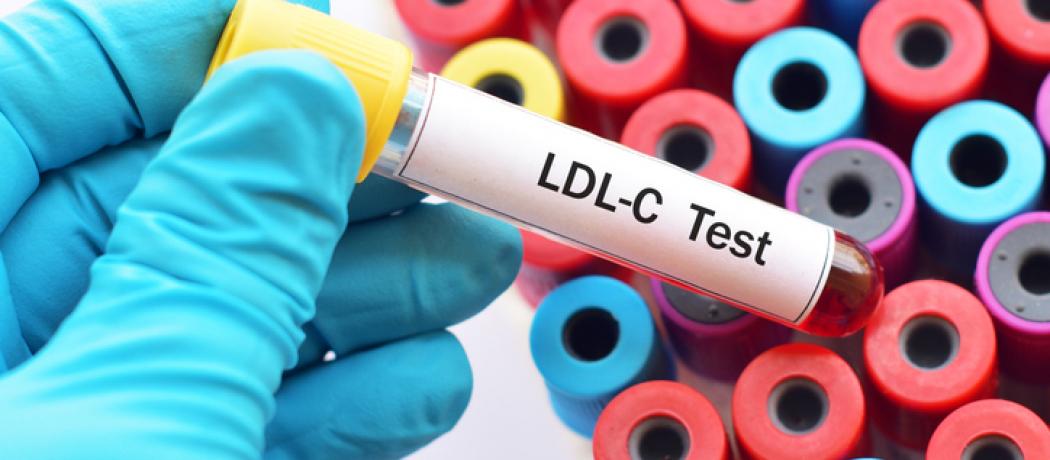September 2018 marked the 20th anniversary of the World Health Organization’s report recognizing familial hypercholesterolemia (FH) as an important global public health issue.[1] FH results in life-long elevations in low density lipoprotein cholesterol and increased risk for cardiovascular disease, and affects one in 250 individuals.[2] It is among the most common inherited diseases to be encountered by clinicians; however, 20 years after the WHO’s report, FH remains underdiagnosed and undertreated in most of the world,[3] including British Columbia.[4]
The reasons for the underdiagnosis of FH are incompletely understood but are likely multifactorial. Physician awareness of FH and its diagnosis is one critical component toward increasing the diagnosis and treatment of these high-risk patients.
To better understand physician awareness of FH in the Americas, the FH Foundation is conducting a survey on this topic. I encourage all physicians in BC to complete this short survey to ensure that BC physicians’ voices are represented in this important initiative. The survey will be active until 30 January 2019.
The Familial Hypercholesterolemia Baseline Understanding Survey is available online at www.surveymonkey.com/r/FHunderstandingsurvey.
—Liam R. Brunham, MD, PhD, FRCPC
Centre for Heart Lung Innovation, Department of Medicine, UBC
References
1. World Health Organization. Familial hypercholesterolaemia (FH): Report of a second WHO consultation, Geneva, 4 September 1998. Accessed 14 December 2018. http://apps.who.int/iris/handle/10665/66346.
2. Akioyamen LE, Genest J, Shan SD, et al. Estimating the prevalence of heterozygous familial hypercholesterolaemia: A systematic review and meta-analysis. BMJ Open 2017;7:e016461.
3. Nordestgaard BG, Chapman MJ, Humphries SE, et al. Familial hypercholesterolaemia is underdiagnosed and undertreated in the general population: Guidance for clinicians to prevent coronary heart disease: Consensus statement of the European Atherosclerosis Society. Eur Heart J 2013;34:3478-3490a.
4. Brunham LR, Cermakova L, Lee T, et al. Contemporary trends in the management and outcomes of patients with familial hypercholesterolemia in Canada: A prospective observational study. Can J Cardiol 2017;33:385-392.
This posting has not been peer reviewed by the BCMJ Editorial Board.


Familial hypercholesterolemia (FH) is not fully recognized or diagnosed as it forms a minor segment in the general dyslipidemic condition. Limited diagnostic and therapeutic facilities hamper the early recognition of this disease. Lack of awareness about the disorder or genetic screening facility lead to under-recognition, misdiagnosis, inadequate treatment, and suboptimal outcomes in FH. A clinical lipidology lab need to be established as a part of clinical chemistry laboratory as we had Diabetic Diagnostic centers. Such a lab must be equipped with genetic screening facilities apart from its routine clinical lipid profile investigations. There is lots of controversy about the normal reference range for lipid profile including serum total cholesterol values. Like the reference values set for Body Mass Index for different regions it is essential to have normal reference range set for lipid profile also. It requires judicious amalgamation of clinical skills and choice of diagnostic tests to meet the challenge of FH as its prevalence is highlighted by the World Health organization recently.